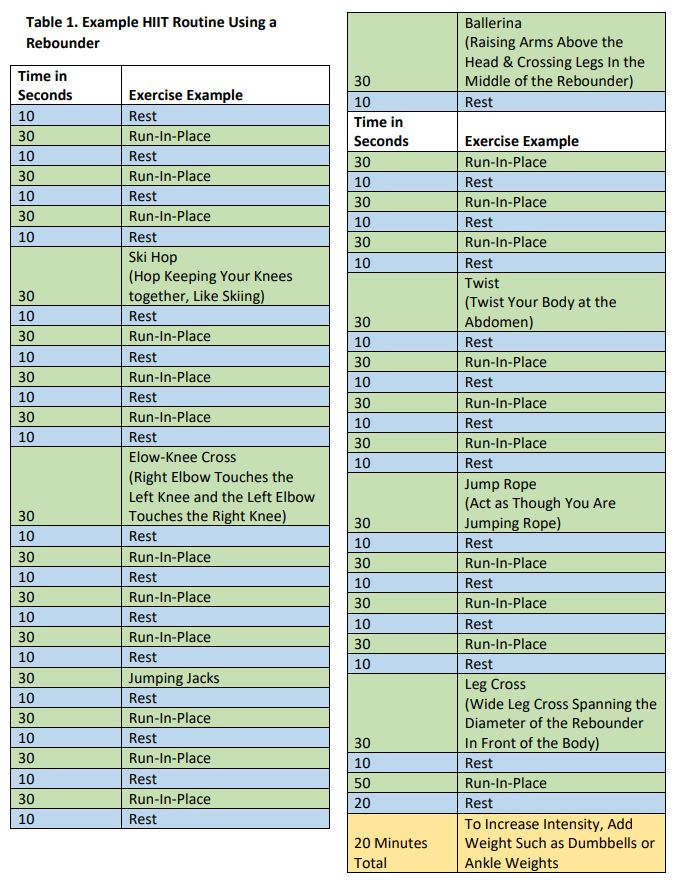Session Information
Date: Sunday, November 12, 2023
Title: Patient Perspectives Poster
Session Type: Poster Session A
Session Time: 9:00AM-11:00AM
Background/Purpose: When I was diagnosed with psoriatic arthritis (PsA) nine years ago, I thought my running days were behind me. Since high school, I have loved exercising. Cardio, specifically running, had always been my favorite because it cleared my head and invigorated me, preparing me mentally and physically for the day ahead. I built a running routine that fits my life well. I started by getting up ten minutes earlier than normal to ensure I had enough time to work out. Once I established the routine of getting up earlier, I gradually increased the minutes (five to ten minutes at a time) to where I am now. I also find that laying out workout clothes and shoes the night before helps keep me from missing my workout. I have also found that rewarding myself before and/or after my workout with something like coffee keeps me interested and excited about doing it. Given that my family has a history of heart disease and diabetes, I was proud that I was establishing a lifelong habit of and love for exercise. However, when my joints started becoming inflamed and painful from PsA about nine years ago, it looked like my running days were over. My rheumatologist recommended light workouts such as yoga and tai chi, so I incorporated them into my new routine, but I really missed running and runner’s high. I began researching how I could run without further trauma to my joints.
Intervention: I began by researching workouts online and found several that included run-in-place examples. These run-in place examples were on a rebounder (mini trampoline). The constant impact on my feet, ankles, knees, and hips prevented me from running as I had before my PsA diagnosis. I was interested to try running on the rebounder and see if it gave me the same benefits as regular running. I bought a rebounder and began practicing. Once I got comfortable running in place, I started doing other things on the rebounder, such as jumping jacks and squats. I also found a free Tabata timer app and created a high-intensity interval training (HIIT) routine (Table 1). I showed it to my rheumatologist, who approved my routine and reminded me to wear running shoes while on the rebounder, hydrate before and after, listen to my body, and slow down if needed. I had found my way back to running without adding more trauma to my joints.
Maintenance: Since starting my HIIT routine, I have added weights and core training to my regimen. In addition, I have increased my endurance by doing a longer HIIT routine and added a day of yoga and Pilates to my weekly schedule (Table 2). I plan to continue increasing the amount of time I do my HIIT routine and gradually adding heavier weights.
Quality of Life: I like to say that rebounding gave me back my running shoes. It fosters the same love of running I had before PsA and builds my physical strength while providing mental clarity. My rebounder helped teach me that I could still have autonomy over my body, even when PsA continues to occasionally surprise me with new physical and mental disruptions.
To cite this abstract in AMA style:
Krivohlavek A. Bouncing Back: How I Found My Running Shoes Using a Rebounder for My Psoriatic Arthritis [abstract]. Arthritis Rheumatol. 2023; 75 (suppl 9). https://acrabstracts.org/abstract/bouncing-back-how-i-found-my-running-shoes-using-a-rebounder-for-my-psoriatic-arthritis/. Accessed .« Back to ACR Convergence 2023
ACR Meeting Abstracts - https://acrabstracts.org/abstract/bouncing-back-how-i-found-my-running-shoes-using-a-rebounder-for-my-psoriatic-arthritis/


